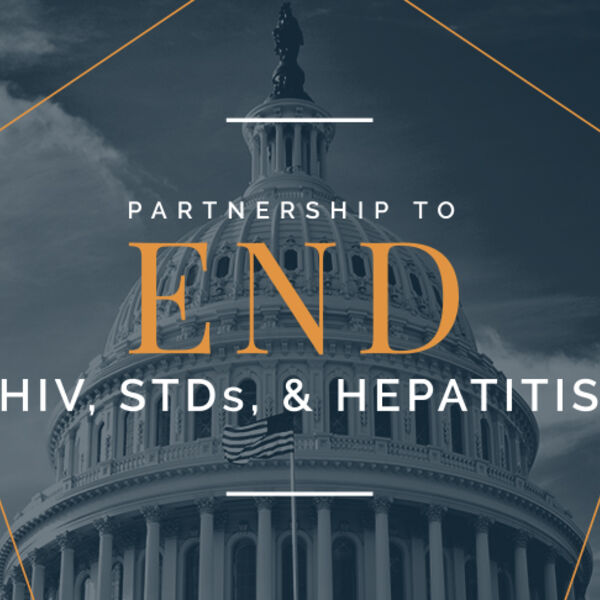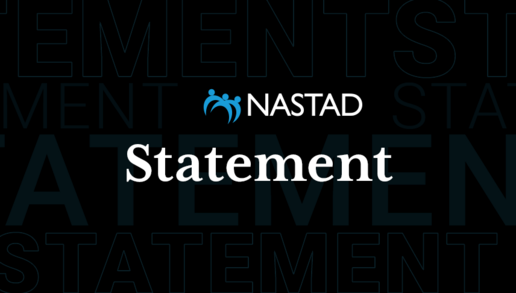
Statement from the Partnership to End HIV, STDs, and Hepatitis on White House Plan to End the HIV Epidemic
Dec. 1, 2021 - Five of the nation’s leading organizations focused on ending the HIV, STD, and Hepatitis epidemics in the United States — AIDS United, NASTAD, the National Coalition of STD Directors, NMAC, and The AIDS Institute — today issued the following statement on the new White House strategy to end the HIV epidemic.
“We are pleased to see that the new White House strategy to end the HIV epidemic takes a comprehensive and holistic approach to HIV care and prevention and provides a framework that can be used against the STD and Hepatitis epidemics as well.”
“Through its ‘all of government’ approach, this new strategy brings in federal agencies outside of health care to implement its tactics. By bringing in partners such as Housing and Urban Development, Veterans Affairs, Labor, Education, and Agriculture, the United States can respond to the full context of HIV issues, not just medical interventions. Only by addressing social determinants of health, racial health disparities, and needed wrap-around services can we effectively treat people living with HIV and strengthen prevention services. This approach also provides a path to treat the burgeoning STD and Hepatitis epidemics, which continue to strike similar populations.”
“We are also pleased to see the financial commitment from this administration in the $670 million request in the federal budget. That is an increase of $270 million for the ending the HIV epidemic initiative. We urge Congress to quickly pass a new appropriations package and prevent a full year continuing resolution.”
“All of us at the Partnership have been committed to the fight against HIV, STDs, and Hepatitis for years, if not decades. We are hopeful that this new strategy could be the culmination of our work.”
###
AIDS United (AU), NASTAD, the National Coalition of STD Directors (NCSD), NMAC, and The AIDS Institute (TAI) are national non-partisan, non-profit organizations focused on ending HIV in the U.S. They have been working in partnership to identify and share resources to sustain the successes and progress we have made in HIV and STD prevention, care, and treatment in the United States.
